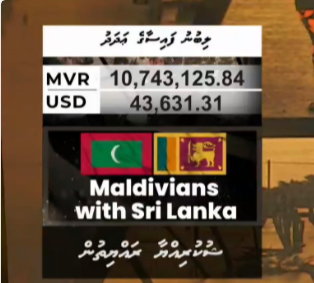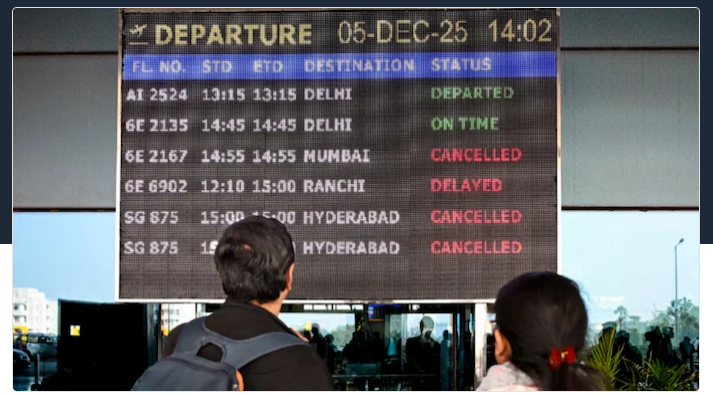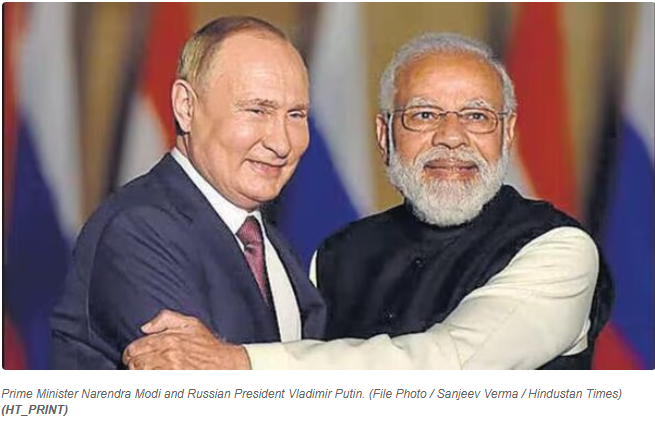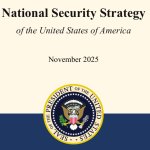TOKYO – In a significant move that could reshape security dynamics in the Indo-Pacific, Japan and the Philippines have signed the Reciprocal Access Agreement (RAA), marking a notable step in countering China’s assertive stance in the region. This agreement, signed in Manila on July 8, allows the armed forces of both countries greater access to each other’s military bases and facilitates joint exercises and disaster relief operations. The Philippines is the third country to sign such an agreement with Japan, following Australia and the UK.
China has expressed strong reservations about the RAA, with Foreign Ministry Spokesperson Lin Jian warning that such agreements could “undermine mutual understanding and trust” between regional countries. “The exchange and cooperation between countries should not threaten regional peace and stability, target any third party, or harm the interests of any third party,” Lin said.
Japan’s Ministry of Foreign Affairs justified the agreement, stating, “As the security environment in the region becomes increasingly severe, this important security-related agreement with the Philippines, a strategic partner, will further promote security and defense cooperation and support peace and stability in the Indo-Pacific region.”
However, China views the RAA as a provocative move that could lead to “bloc confrontation or a new Cold War.” The agreement, according to Beijing, reflects Japan’s increasing military engagement in the region, a point of contention given Japan’s historical wartime actions.
The tension is not without precedent. On June 17, a clash occurred between the Philippine Navy and China’s People’s Liberation Army in the South China Sea.
The RAA is significant against the backdrop of assertive Chinese behavior. Analysts argue that China’s aggressive policies in the South China Sea have pushed regional neighbors to seek stronger defense ties, as evidenced by the recent Japan-Philippines pact. The agreement will lead to more active cooperative exchanges between the Japanese Self-Defense Forces and the Philippine armed forces, enhancing their ability to respond to regional crises.
India and Japan have a similar agreement known as the Acquisition and Cross-Servicing Agreement (ACSA), signed in September 2020. This framework facilitates the reciprocal provision of supplies and services between the two nations’ armed forces, aimed at enhancing military cooperation and contributing to international peace and security.
China’s response to these developments has been a mix of condemnation and historical reminders. Beijing has urged Tokyo to reflect on its past, particularly its actions during World War II, suggesting that Japan’s increasing military activities are a cause for concern. The Global Times, a Chinese state-backed tabloid, warned that the RAA could encourage Japan’s “historical revisionism” and reduce Southeast Asian sensitivity towards Japan’s wartime aggression.
The U.S. has also played a role in this evolving security landscape. It has been bolstering the Philippines’ military capabilities and has gained access to additional military sites in the country. This is part of a broader strategy to counter China’s influence in the Indo-Pacific.
The RAA, therefore, is more than a bilateral agreement; it is a strategic maneuver in a region marked by territorial disputes and geopolitical rivalries.









